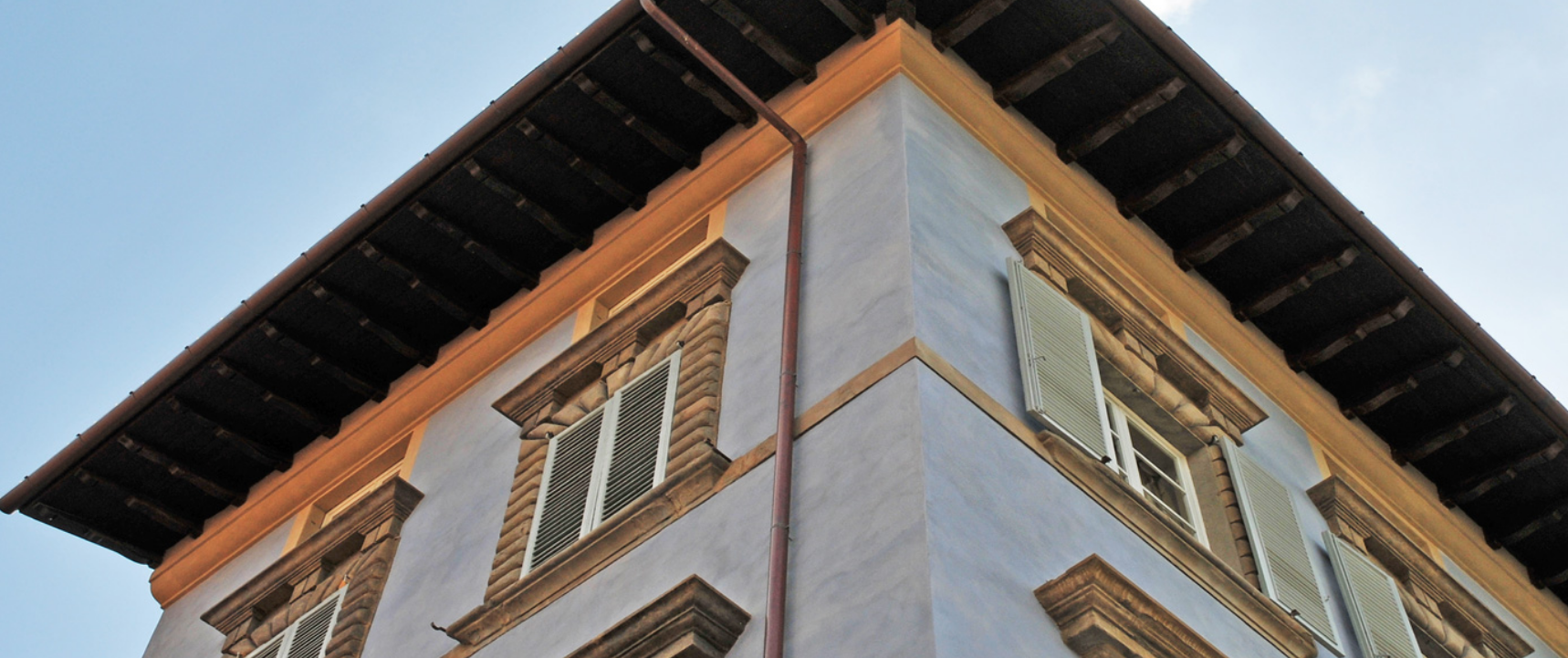
From a little spark may burst a flame (Poca favilla gran fiamma seconda), wrote Dante Alighieri in the Divine Comedy. No words are more suitable to epitomize the spirit of the much-awaited return of the Pisa Book Festival, after dark months of lockdown. This year, this leading Italian independent book fair, founded and directed by editor Lucia Della Porta, will be an online event.
It will be running live, from Thursday, December 3 to Sunday, December 6, from Pisa, the Tuscan city where the glories of British literature, such as George Byron, Percy Shelley, his wife Mary, and Thomas Medwin settled and flourished. During the days of the fair, meetings, debates and readings with 60 authors and translators will be available through the Festival’s You Tube channel and its Facebook profile. The event will also witness the kick-off of a new online resource, latoscanadeifestival.it, dedicated, among other events, to literary fairs in Tuscany such as the Pisa Book Festival and the Von Rezzori “Festival of Writers.”
All events will be hosted by Palazzo Blu, the historic building on the Arno River converted into a museum by the Pisa Foundation. The name of the building, once known as the Palazzo Giuli Rosselmini Gualandi, comes from the blue color uncovered during a recent architectural restoration that dates back to the Russian owners who acquired the building in the eighteenth century. A daily virtual tour at 1 pm will allow viewers to catch a glimpse of the magnificent art collections and the permanent exhibitions displayed at the Palazzo.
The guest country of honor of this edition will be Italy. Probably few countries have given birth to so many prominent personalities as Italy. From the Roman Empire through the Renaissance and the modern success of Made in Italy, its cultural heritage has hugely influenced the rest of the world. As a tribute to this everlasting quality, the opening of the festival will be dedicated to Dante, the greatest Italian poet and the father of the Italian language, through a keynote speech given by the academic literary critic Alberto Casadei (Dec. 3, at 10:30 am). Italian academic and essayist Lina Bolzoni and Latinist Nicola Gardini will talk about Renaissance myths, literature and art (Dec. 4, 6:30 pm). The unsolved mysteries of antiquity will be looked at by Massimo Polidoro on December 5 at 6:30 pm.
On Sunday, December 6, Valeria Palumbo will discuss women’s fight for civil rights as seen in the works of the major Italian writers of the 20th century at 11 am. At 3:30 pm Luca Serianni and Fabrizio Franceschini will explore the evolution of the Italian language through philologist Fiammetta Papi’s work “La lingua italiana in 100 date” (Italian Languages in 100 Dates).
The many guests at the Festival include crime fiction author Marco Vichi (Dec.3, 5 pm), the Sardinian novelist Milena Agus (Dec. 4, 3 pm), British-Italian television presenter, actor and author Luca Murphy (Dec. 5, 10 am) and Tuscan writer Vanni Santoni who will lead the masterclass “Scrivere, esordire e pubblicare” (Writing, Debuting and Publishing) on December 5 at 11:30 am.
A special space will be dedicated to the international literature translated in Italian, starting Thursday 3 at 6 pm with Enrico Terrinoni and Riccardo Michelucci who will present their translation of the notes written in prison by Bobby Sands, IRA activist and revolutionary icon. On Friday, Dec. 4, a slave narrative that utilizes time travel will be the topic of the conversation with Veronica Raimo, translator of “Kindred,” a 1979 novel by the American author Octavia Butler (5 pm). The same day Caterina Garzonio will present her translation of “The Master and Margarita” by Russian Michail Bulgakov (10 am). Regarding poetry, Roberto Francavilla will introduce “Terra di offerta” (Land of Offering), verses by Ruy Duarte de Carvalho of Angola (Dec. 4, 10 am) and Paola Del Zoppo will discuss the poetry of Marion Poschmann, a multi-awarded author from Germany (Dec. 4, 4 pm). Ilide Carmignani will return to the festival on Dec. 5 at 5 pm to present “The Unknown University,” an anthology of poems by the great Chilean writer Roberto Bolaño.
Science historian Stefano Gattei, the astrophysicist Patrizia Caraveo and Stavros Katsanevas, director of the European Gravitational Observatory, will talk about the stages of the study of the universe in “Galileo, la luna e i buchi neri” (Galileo, the moon and the black holes) at the final event of the festival on Dec. 6 at 6:30 pm. Dante, the supreme poet perhaps described it best with: “Where we came forth, and once more saw the stars.”
Check out the complete program at www.pisabookfestival.com. To follow the events online subscribe to the Pisa Book Festival You Tube channel. (celeste giampietro collins)








